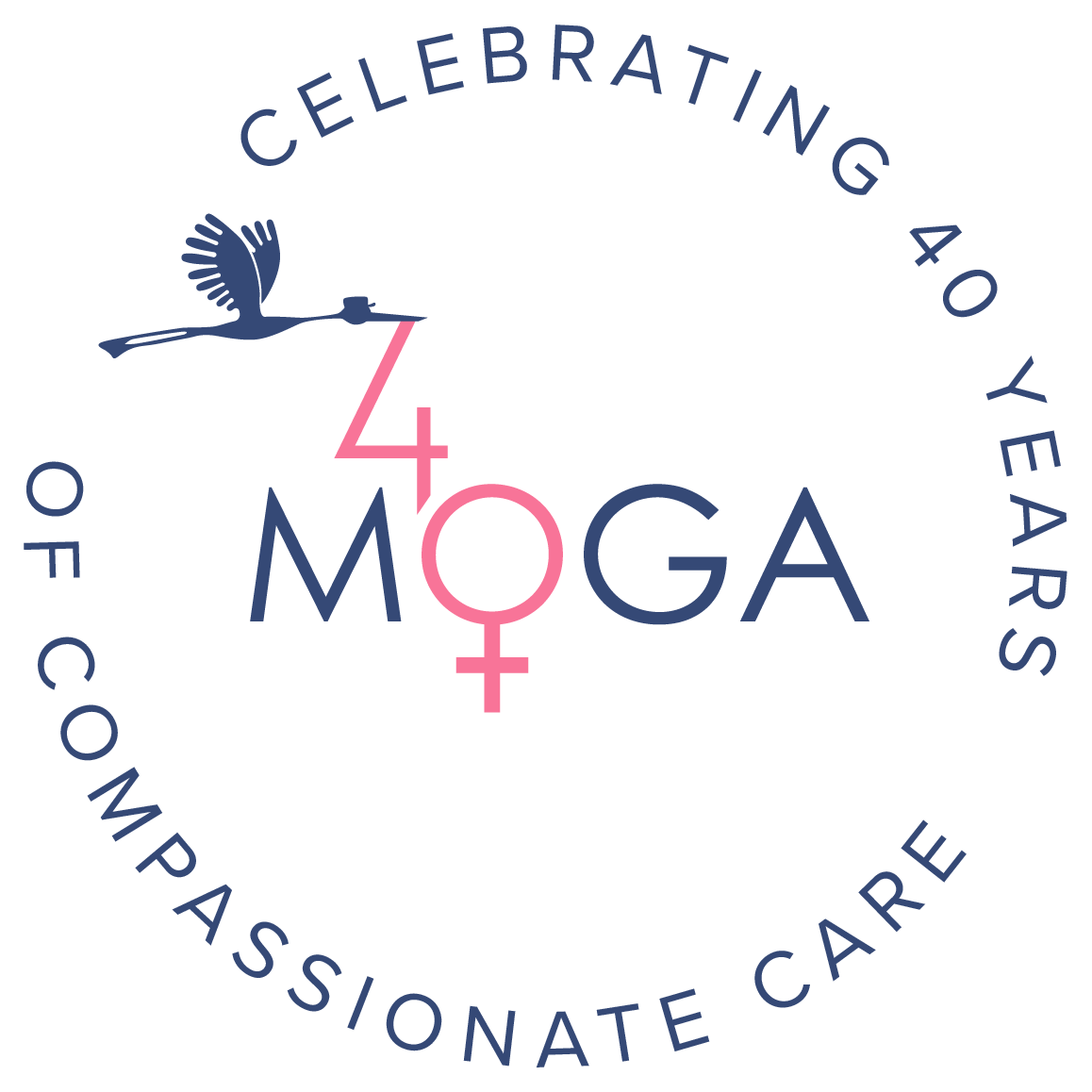Hormones are an integral part of being a woman, and they are never perfectly consistent in anyone. So many factors can impact them, and today Memphis Obstetrics and Gynecological Associationwill answer this important question: How do hormones impact a woman’s health throughout her life?
Why Discuss Hormones?
You may or may not already have a good understanding of hormones and how they impact your body—but that’s where your OBGYNcomes in. Hormones can significantly affect your overall health in many aspects. Here are a few of the common bodily functions connected to hormones:
- Weight Changes: Unexplained weight gain can stem from thyroid issues or insulin resistance.
- Irregular, Heavy, or Painful Periods: PCOS or thyroid issues can also be the culprit behind period irregularities, like severe cramps or excessive bleeding.
- Shifting Energy Levels: This can result from certain fluctuating hormones or sleep loss.
- Low Sex Drive: Testosterone and estrogen both play a part in libido.
- Sleep Issues: These often stem from levels of cortisol or progesterone.
As you can see, their effects are far-reaching. At any given point in a woman’s life, certain hormones can play a larger role than others.
Hormones Throughout Life
As a woman, there really isn’t a single stage of life where hormones don’t play a vital role in your health and lifestyle. Let’s examine a few key periods, prevalent hormones, and their effects.
- Puberty: Estrogen, Testosterone, and Progesterone
- The beginning of puberty is usually triggered around ages 9-14 by estrogen and progesterone. This results in the development of breasts, body hair and the start of menstruation.
- These two hormones can impact an adolescent’s emotional stability quite a bit, as well as cause changes in oil production, which leads to acne in some teens.
- Menstrual Cycles and Reproductive Years: Estrogen, Progesterone, Luteinizing Hormone (LH), and Follicle-Stimulating Hormone (FSH)
- Each month, your estrogen levels rise and fall to produce your menstrual cycle. FSH and LH both play a role in ovulation, which is when an egg is released from the ovaries.
- Fluctuations in estrogen and progesterone cause both emotional and physical symptoms in the time leading up to menstruation. This can mean acne flares, mood swings, or changes in energy levels.
- Testosterone and estrogen also influence sex drive and libido, which can vary during your cycle.
- Pregnancy: Estrogen, Progesterone, Human Chorionic Gonadotropin (hCG), and Relaxin
- Estrogen and progesterone levels significantly rise to support fetal development and prepare the body for childbirth.
- A hormone called hCG is what pregnancy tests detect, which is produced early on in pregnancy.
- Surges in hormones are the culprit behind symptoms like morning sickness and fatigue, as well as mood changes like prenatal depression or anxiety.
- Relaxin helps loosen ligaments in the pelvis in order to prepare the body for birth.
- Postpartum Period: Estrogen, Progesterone, Prolactin, and Oxytocin
- Once a child is delivered, progesterone and estrogen levels abruptly drop in the mother’s body. This can be the cause of issues like postpartum depression or anxiety.
- Prolactin encourages milk production, and oxytocin encourages milk release, allowing for breastfeeding.
- Perimenopause: Estrogen and Progesterone
- This is the period of transition leading to menopause, usually occurring in a woman’s 40s.
- Hormonal shifts can initiate conditions like sleep issues, night sweats, and irregular periods. Loss of sleep can also mean irritability and fatigue during the day.
- Menopause:FSH and LH (Increase), Estrogen and Progesterone (Decrease)
- When a woman hasn’t had her period for 12 months straight, this is considered menopause. It usually happens around age 50, when the ovaries stop producing eggs, leading to a huge drop in estrogen and progesterone.
- This period can also lead to risks of osteoporosis and cardiovascular disease since estrogen plays a role in protecting heart health and bone density.
- Post-Menopause: Low Estrogen and Progesterone
- When menopause passes, low hormone levels persist. This can make a difference in a woman’s vaginal health and sexual function.
- Hormone Replacement Therapyis an option for helping to alleviate some unwanted symptoms of these lowered estrogen and progesterone levels. Memphis Obstetrics and Gynecological Association proudly offers this solution in our offices, as well as Hormone Pellets.

Finding a Balance
Part of our role at Memphis Obstetrics and Gynecological Associationis to educate our patients of all ages on how instrumental hormones really are to their quality of life. This topic can often be misunderstood or overlooked, which is why it’s so important to speak to your provider if you have any concerns. Come see us soonatour East Memphis, Collierville, Germantownor Southavenlocations.




